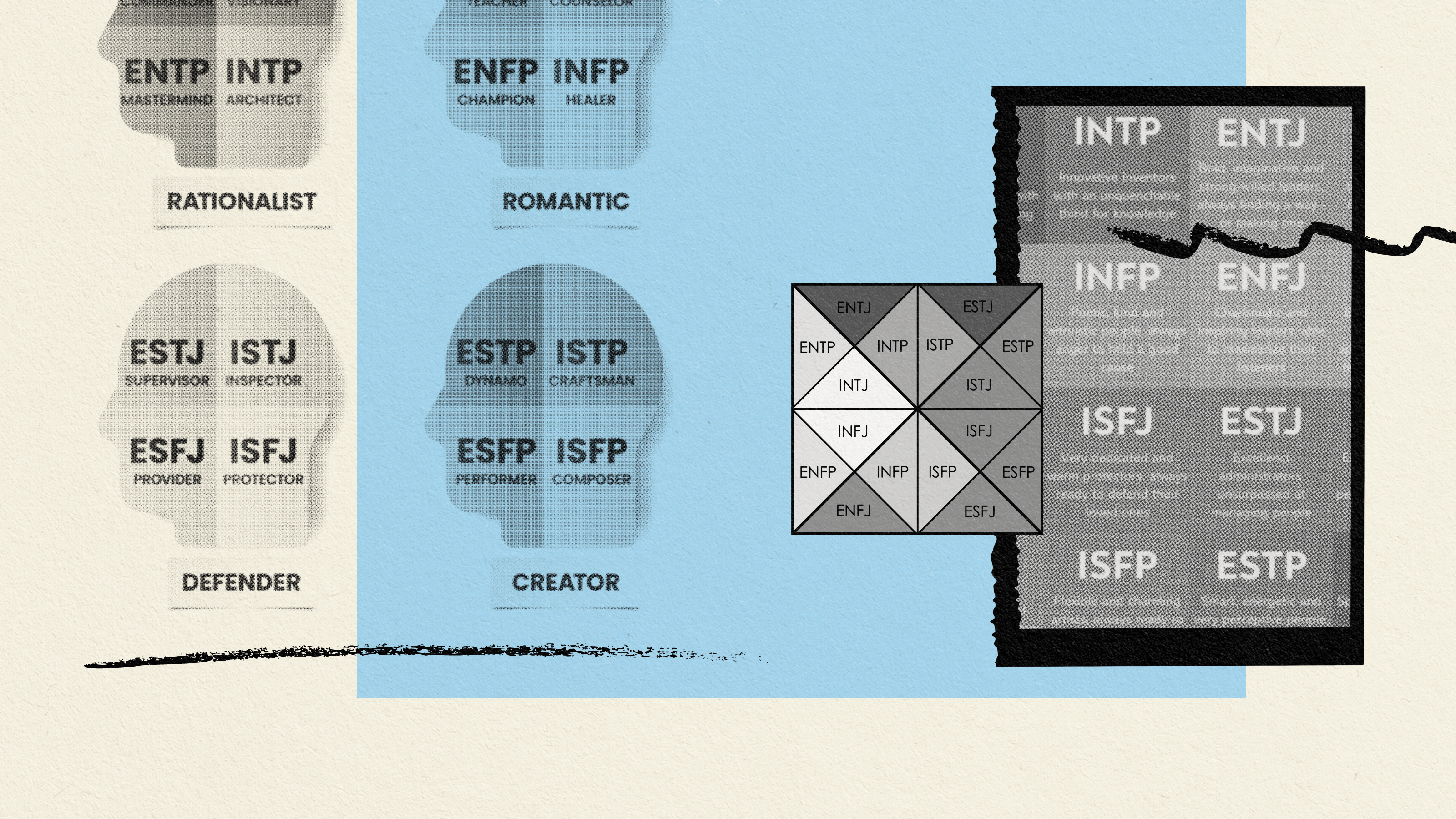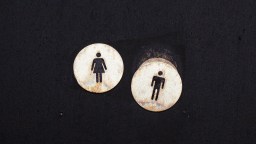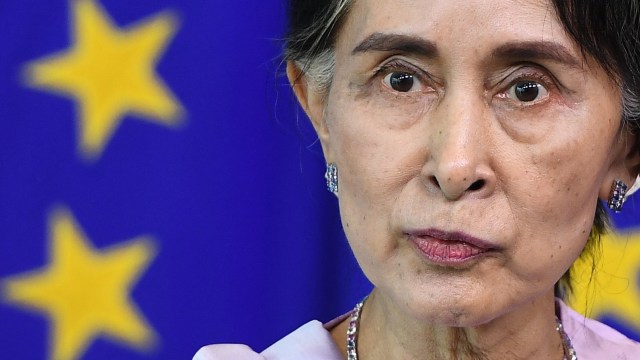Give up to $60,000 to every American kid at birth, says inequality expert

Photo: Unsplash
- An economist has proposed giving every child born in America up to $60,000 in a trust fund.
- Inequality is locked-in with the current system in which wealth is largely inherited.
- A “reverse social security” to promote Americans’ security and well-being.
Education is considered the great equalizer, but what happens when access to it is anything but equal, as is the case in the U.S. these days? With the top-earning 10% holding 75% of the country’s wealth, the great equalizer’s just not an option for many. Public schools are often undervalued and underfunded, and higher education has become prohibitively expensive—or family-budget wrecking, especially for families with multiple kids.
Last week, economist at the New School Darrick Hamilton told a TED conference that the U.S. should inaugurate a “baby trust” to give all kids born in the US a trust fund of up to $60,000 at birth. It’s a stunningly different proposal, and it might work if it can get enough traction to become reality.
What the ‘baby trust’ about?
Hamilton sees it as a sort of reverse social security for the beginning of life, “an economic birth right to capital for everyone.” The plan would give the average newborn around $25,000, or more for the poorest babies, up to $60,000. Every child would get at least $500. The resulting nest egg would not be a gift so much as a remedy for a system currently out of balance. Inequality is a growing problem in the U.S. with no solution in sight other than tweaks to the tax codes and talk of placing more rigorous controls on CEO pay. It won’t go away by itself, after all. As Hamilton says, “Without capital, inequality is locked in.”
The idea to make all American kids trust-fund babies is, of course, radical in a country where the greatest wealth is simply passed down through families. At the same time as a child lucky enough to be born into a well-off family can expect a comfortable, healthy life ahead, the opposite is true for everyone else. As Hamilton reminded his audience, “Wealth is the paramount indicator of economic security and well-being.”
How it would work
It’s more than just a purely financial advantage, as Hamilton notes, “It is time to get beyond the false narrative that attributes inequalities to individual personal deficits, while largely ignoring the advantages of wealth.” The implication that the less fortunate somehow deserve their lot is an additional—and insidious—barrier to climbing out of financial difficulty. “Inequality is primarily a structural problem, not a behavioral one,” Hamilton told his TED audience.
Each child’s trust fund would be held aside until adulthood by the federal government, and would earn an annual 2% to adjust its value to keep up with inflation. At maturity, each person would take over management of the money, hopefully investing it wisely in their future. The finer details have yet to be worked out, and obviously many—perhaps especially those doing well under the current distribution of wealth—will likely characterize it as ridiculous, and expensive at an estimated $100 billion a year. Still, many economist feel current levels of inequality are [unsustainable], and, Hamilton notes, the cost of his program is “far less than the $500-plus billion that’s already being spent by the federal government on asset promotion through tax credits and subsidies.”





